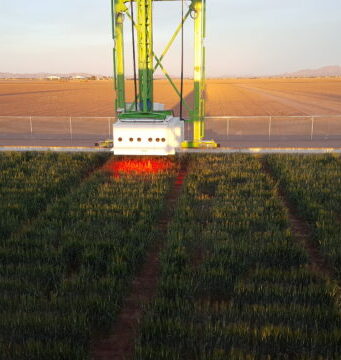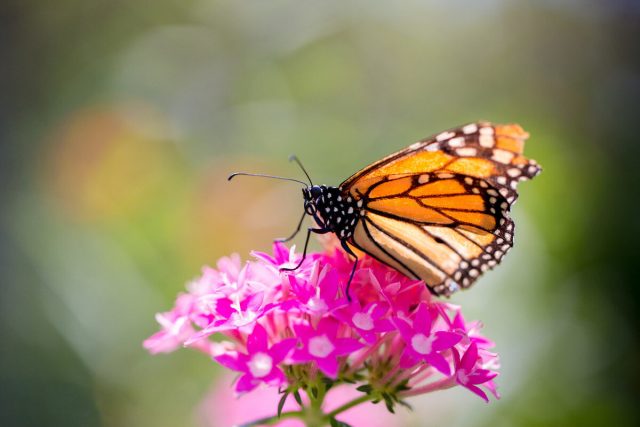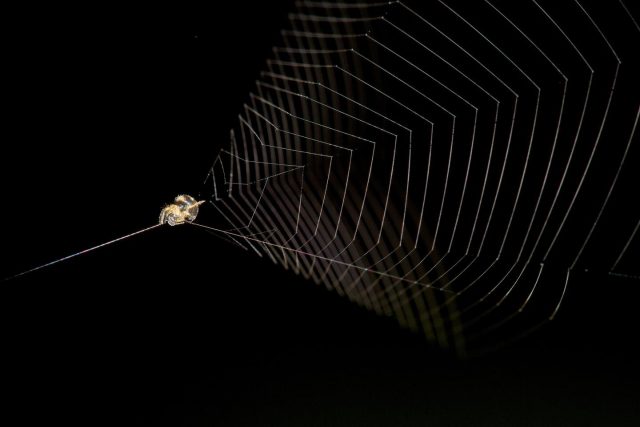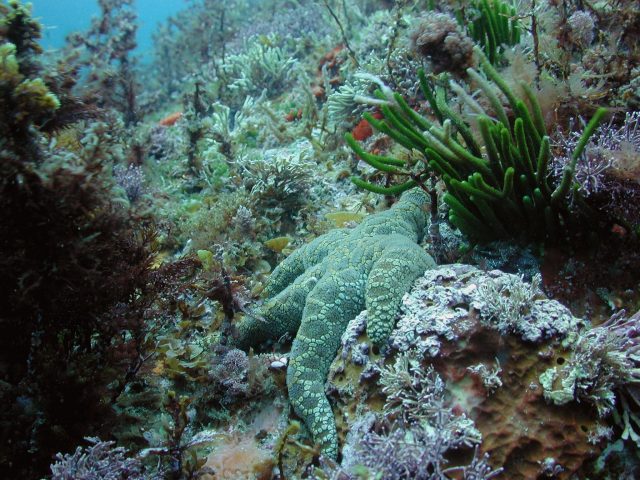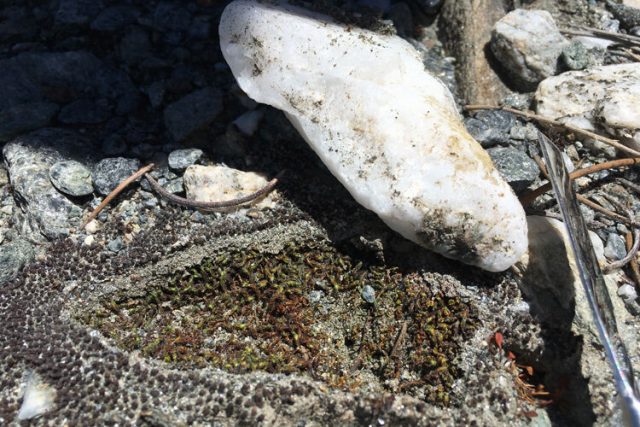In a new study, Monarch Watch Director Chip Taylor and colleagues have shown that speculation regarding the declining monarch population, despite having received much attention, is unsupported.
Published Aug. 7 in the journal Frontiers in Ecology and Evolution, the researchers show...
Running into an unseen spiderweb in the woods can be scary enough, but what if you had to worry about a spiderweb—and the spider—being catapulted at you? That's what happens to insects in the Amazon rain forests of Peru,...
University of California, Irvine materials science researchers are learning about resilience from the mantis shrimp. The ancient crustaceans are armed with two hammerlike raptorial appendages called dactyl clubs that they use to bludgeon and smash their prey. These fists,...
Scientists at the University of Adelaide have found growing evidence that marine ecosystems will not cope well with rising sea temperatures caused by climate change.
"Healthy food webs are critical for ecosystems so that the world's oceans can continue to provide an...
Plants are factories that manufacture yield from light and carbon dioxide—but parts of this complex process, called photosynthesis, are hindered by a lack of raw materials and machinery. To optimize production, scientists from the University of Essex have resolved...
Prey can evade predators and also avoid attacks. However, some can escape from inside a predator after being swallowed. For example, some animals that can survive predators' digestive systems are excreted in feces and thereby escape, albeit in a...
The research suggests that biodiversity hotspots—such as the Daintree Rainforest in Australia and the Cloud Forests of Ecuador—are teeming with species because they have been ecologically stable for long periods of time, allowing evolution to forge ahead undisturbed.
The findings...
Each year, millions of monarch butterflies migrate across eastern North America to fly from as far north as the U.S.-Canadian border to overwinter in central Mexico—covering as much as 3,000 miles. Meanwhile, on the other side of the Rocky...
Crop yields for apples, cherries and blueberries across the United States are being reduced by a lack of pollinators, according to Rutgers-led research, the most comprehensive study of its kind to date.
Most of the world's crops depend on honeybees...
New research demonstrates for the first time that artificial intelligence (AI) can be used to train computers to recognize individual birds, a task humans are unable to do. The research is published in the British Ecological Society journal Methods in...
Living under a translucent rock can be quite comfortable—if you're a moss in the Mojave Desert.
A graduate student at the University of California, Berkeley, found that some mosses in the California desert seek protection from the relentless sun and heat by...



